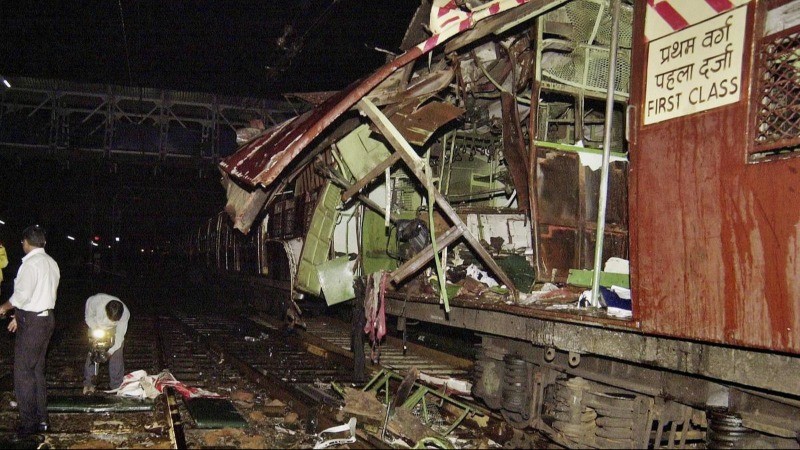
The Supreme Court has stayed the Bombay High Court's order that acquitted all 12 accused convicted for planning and execution of the 2006 Mumbai train blasts case on Thursday. The interim stay order was passed by the apex court after Solicitor General Tushar Mehta stated to the bench that the judgment can impact trials in other cases under the Maharashtra Control of Organized Crime Act (MCOCA).
The Supreme Court bench of Chief Justice MM Sundresh and Justice N Kotiswar Singh clarified that the High Court's verdict would not be treated as a precedent in other cases. It has issued a notice to all the accused in the case.
However, the Supreme Court did not stay the release of the accused from jail. These developments came after the Maharashtra Government moved the SC to challenge the HC verdict.
A few days ago, the Bombay High Court bench of Justice Anil Kilor and Justice SC Chandak ordered the immediate acquittal of all 12 accused in the 2006 Mumbai train blasts case. It had quashed the 2015 judgement of the trial court that ordered a death sentence to five accused, and life imprisonment to the others.
In a 671-page judgement, the High Court said that the prosecution had utterly failed to establish the offence. It couldn't prove the type of explosives used, finding the conventional statements inadmissible due to allegations of torture. The justices had raised doubts over witness credibility and procedural lapses during the identification process.
The accused had been jailed for 20 years and were held under the strict MCOCA law. Ever since the judgement, the political and legal circles stand divided upon the judgement system and the probe conducted.
The train blasts had killed nearly 180 people, with the seven bombs planted in separate local trains heading towards the Mumbai suburbs between Matunga to Mira Road.